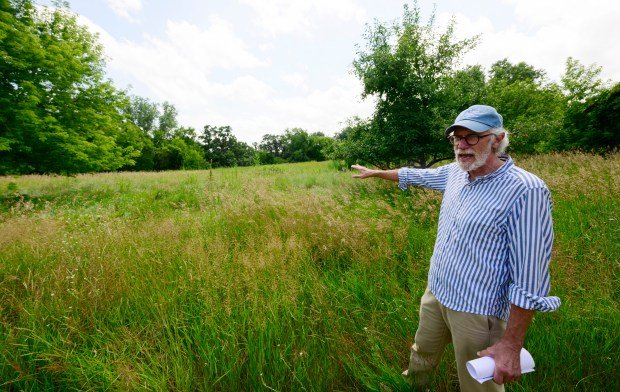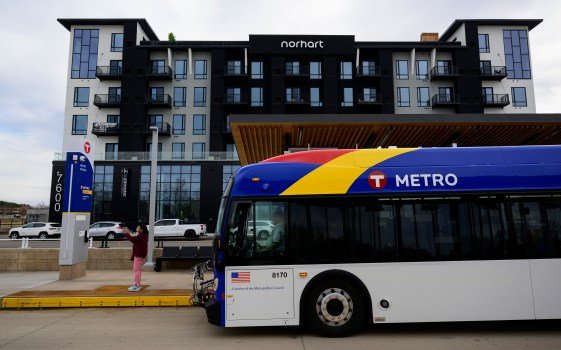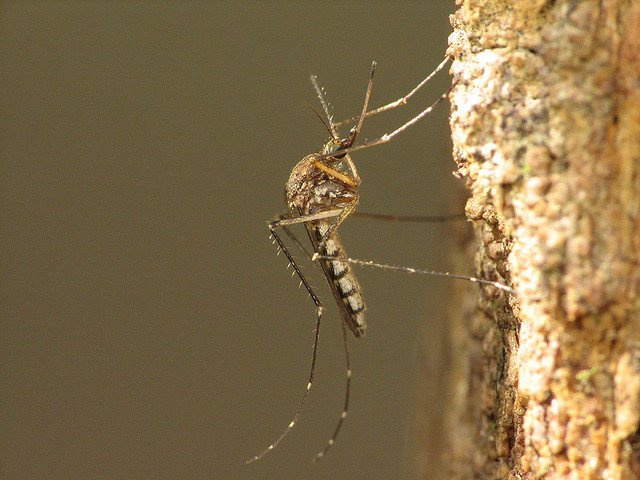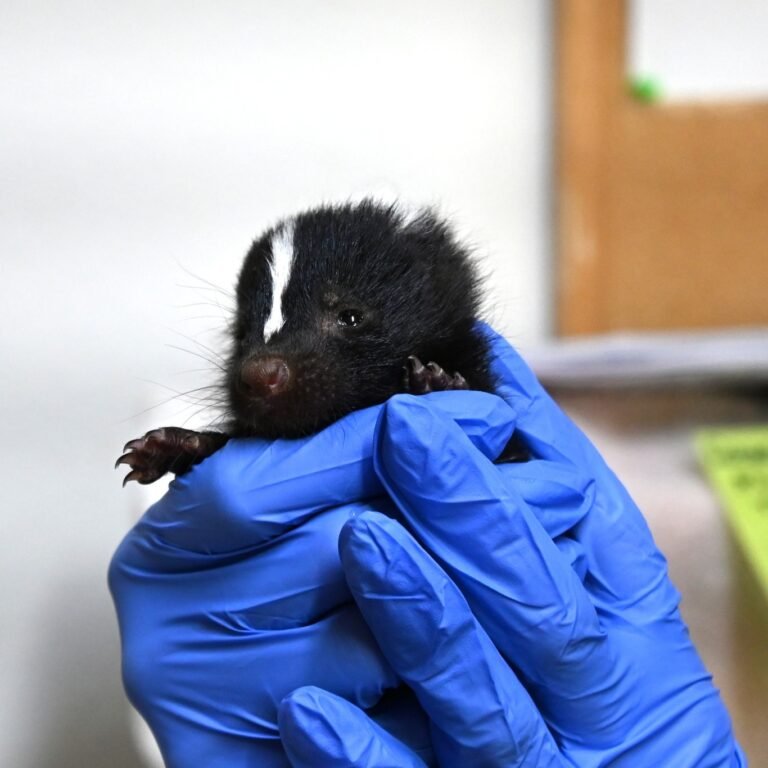Have you ever wondered how wildlife gets the care it needs when it’s injured or orphaned? It’s a remarkable process that many dedicated organizations undertake, and the opening of new facilities can significantly enhance their efforts. This is especially true for the Wildlife Rehabilitation Center, which has recently launched a new campus in Grant Township, Washington County.

This image is property of i0.wp.com.
A New Chapter in Wildlife Care
The Wildlife Rehabilitation Center has taken a significant step toward improving its services by opening a new campus. Located on a sprawling 22-acre farm in Grant Township, this facility aims to provide better care for wildlife that needs rehabilitation. By focusing on the specific needs of each species, the center seeks to create an environment that minimizes stress for injured and orphaned animals.
Why a New Campus?
The need for a new facility stemmed from the overwhelming demand faced by their existing location in Roseville. Last year alone, the center treated over 21,600 animal patients, a majority of which were orphaned. This staggering figure highlights the necessity for more space and resources to care for wildlife effectively.
Moving to Grant Township not only allows the center to expand its capabilities but also positions it strategically within a 20-mile radius of the Roseville hospital, ensuring that animals can be transported easily and quickly when needed.
Improved Facilities for Wildlife
The Focus on Outdoor Spaces
One of the most notable features of the new campus is its emphasis on outdoor spaces tailored for different species. The center will incorporate species-specific outdoor cages that help to reduce stress for the animals during their recovery. This design element is crucial because being in a familiar environment can have a positive impact on their healing process.
Future Plans: Waterfowl and Aquatic Mammal Facility
The Wildlife Rehabilitation Center has ambitious plans for the new campus. One of the key projects is a $3 million facility specifically designed for waterfowl and aquatic mammals. This facility will include:
| Component | Details |
|---|---|
| Number of Runs | 20 |
| Indoor Pools | Yes |
| Construction Start | September |
With construction set to begin in September, this facility will provide the necessary space and resources for these unique species, ensuring they receive the specialized care they need.

This image is property of www.twincities.com.
Understanding the Bigger Picture
The Expansion Vision: A Rehabilitation Building
Looking to the future, the Wildlife Rehabilitation Center has plans for a more extensive rehabilitation building, estimated at $15 million. This facility will be monumental, spanning 25,000 square feet, and will serve as the centerpiece of the new campus.
Key Features of the New Building
The major features planned for this building include:
| Feature | Description |
|---|---|
| Size | 25,000 square feet |
| Purpose | Comprehensive rehabilitation |
| Sustainability Standards | Aimed for silver certification from U.S. Green Building Council |
Emphasizing sustainability, the design will target silver certification from the U.S. Green Building Council. This commitment to eco-friendly practices reflects a growing awareness of the importance of preserving the environment for both wildlife and humans alike.
Addressing Overwhelming Demand
The Strain on Current Facilities
The necessity for the new campus isn’t just a matter of desire; it’s a response to overwhelming demand. In the past year, the Roseville facility treated over 21,600 patients, highlighting the urgent need for more resources. This strain affected not only the staff but also the quality of care available to the animals.
- Majority of Patients: Orphaned animals
- Care Goals: Provide immediate and effective rehabilitation
The new campus will alleviate some of this pressure, allowing for better care and more focus on each patient.

This image is property of www.twincities.com.
Enhanced Transportation Logistics
Strategic Location Benefits
One of the most practical aspects of the new campus is its proximity to the city of Roseville. By keeping the location within a 20-mile radius, the center can ensure that animals are transported quickly to the hospital when necessary. This logistical advantage is crucial in emergency situations where time is of the essence.
Transportation Partnerships
The Wildlife Rehabilitation Center also plans to work closely with local organizations and volunteers to facilitate efficient transportation. This will not only enhance response time but also build a stronger community network focused on wildlife care.
Community Involvement and Support
Engaging the Public
The success of the new campus and its initiatives will rely heavily on community involvement and support. The center plans to host various events to engage the public, raise awareness, and encourage volunteering. By fostering a sense of ownership in the community, the center aims to build long-lasting support for its mission.
Opportunities for Volunteering
If you’re interested in getting involved, there will be numerous opportunities available, including:
- Educational Workshops: Learn about wildlife rehabilitation and care.
- Volunteering for Events: Assist in organizing community outreach programs.
- Fundraising Initiatives: Help raise funds for the ongoing projects and facilities at the center.
Your involvement can make a big difference!

This image is property of www.twincities.com.
Educational Outreach Programs
Learning About Wildlife Conservation
The Wildlife Rehabilitation Center not only focuses on rehabilitation but also on educating the public. The new campus will allow for expanded educational outreach programs aimed at raising awareness about wildlife conservation. These initiatives are vital in fostering a community that values and protects wildlife.
Educational Program Highlights
| Program | Description |
|---|---|
| Workshops | Learn about local wildlife |
| School Programs | Interactive sessions with students |
| Community Talks | Discuss conservation efforts |
These programs will encourage individuals to understand the importance of wildlife conservation and inspire them to take action.
The Role of Sustainability in Wildlife Care
Eco-Friendly Practices
In today’s world, sustainability is more important than ever. The Wildlife Rehabilitation Center is committed to incorporating eco-friendly practices into its operations. This commitment not only benefits the environment but also sets an example for future initiatives within wildlife care.
Sustainable Building Practices
- Materials Used: Recycled and environmentally friendly materials
- Energy Efficiency: Plans for solar panels and energy-efficient systems
- Water Conservation: Rainwater harvesting and water-efficient landscaping
By prioritizing sustainable construction and operation, the center hopes to lessen its environmental footprint while serving the wildlife community effectively.

This image is property of www.twincities.com.
Collaborating with Experts
Building a Network of Specialists
To ensure the success of the new facility, the Wildlife Rehabilitation Center plans to collaborate with various specialists. This includes veterinary experts, ecologists, and environmentalists, all working together to provide the best possible care for wildlife.
Expert Contributions
| Specialty | Role |
|---|---|
| Veterinarians | Provide medical care |
| Wildlife Biologists | Research and conservation efforts |
| Environmental Consultants | Advise on sustainability practices |
By creating a network of professionals, the center can harness a wealth of knowledge and resources to enhance its operations.
Conclusion: A Vision Realized
As the Wildlife Rehabilitation Center embarks on this new chapter in Grant Township, it embodies a commitment to wildlife care, community involvement, and sustainability. The facility is not just a building; it represents a vision for improved animal care, education, and conservation efforts.
- Enhanced Care: More space and resources for injured and orphaned wildlife.
- Community Engagement: Inviting individuals to be part of the solution.
- Sustainable Practices: Incorporating eco-friendly principles for long-lasting impact.
If you’re interested in wildlife and want to make a difference, this new campus provides an exciting opportunity. Whether through volunteering, participating in educational programs, or simply spreading awareness, there’s a role for you. Together, we can support the Wildlife Rehabilitation Center in Grant Township and contribute to a future where wildlife gets the best care it deserves.



